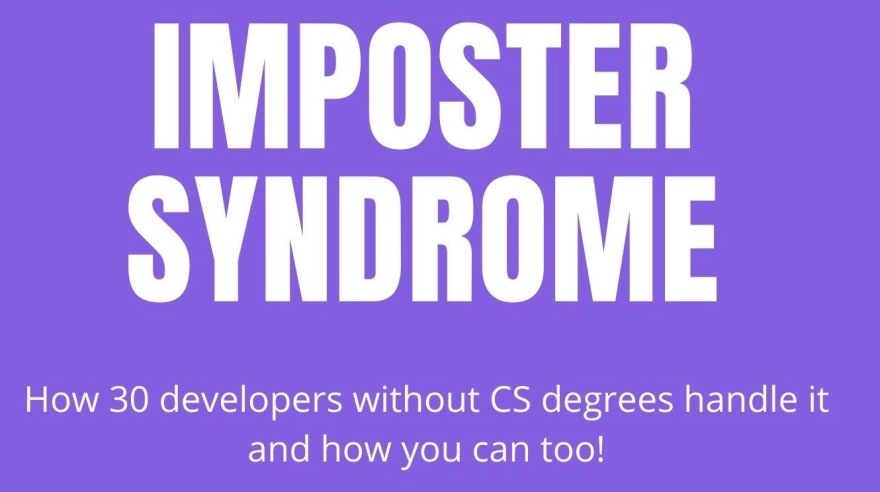Katie Raby has just got hired as a Software Engineer with a startup. In this exclusive interview she talks about her career change from marketing to programming. Read on to get some great insights into how to become a software engineer without a CS degree.
Hey, so can you give us a short introduction for people who want to know more about you?
Hi there! My name is Katie Raby , and I live in the lovely city of Liverpool, UK. After several years of working in marketing, I have just secured my first job in tech, working as a Junior Software Engineer at Taptrip - a startup in Manchester developing innovative technology solutions within the business travel space.
If you don’t have a CS degree, how did you learn coding?
Similarly to a few stories out there, I got my first experience of coding at the age of 12 thanks toneopets.com (hello to all fellow Neopets fans!). Neopets is a virtual gaming community, where you can adopt virtual pets, and join communities called “Guilds” which presented themselves as mini websites. I started designing layouts/homepages for the guilds I owned on Adobe Photoshop 7, and got my first taste of basic HTML and CSS coding the layouts I’d created. I used to spend hours in my bedroom designing and coding new layouts, and even used my coding skills to help friends with their guilds.
At this point, I had no idea that jobs in coding even existed! At school, I decided to pursue other subjects, and ended up doing my A Levels in Maths, Chemistry, Biology and French. I then went to university and got a degree in International Business and French, which I used to gain my first role in marketing.
Since then, I’d spent a few years working in Marketing, and took every opportunity to code during work hours, editing e-mail templates, which refueled my love for code and solving problems. I spent my evenings learning to code through online platforms such as FreeCodeCamp - where I started by completing the Responsive Web Design Certification, and developed a love for coding pure CSS images - a fun, digital expression of art through code! I played around with code by making an account on Codepen.
Working full-time and coding during the evenings in my spare time was difficult to maintain, but I ramped up my dedication to coding regularly last year by taking part in the #100DaysOfCode challenge, which I documented over on Twitter.
Realising that my true passion and enjoyment lay in coding, I decided to start researching bootcamps and made the decision to attend Northcoders, an in-person full-stack JavaScript bootcamp based in Manchester and Leeds. Leading up to the bootcamp, I was solving JavaScript problems every day, and even got the opportunity to work at a digital agency in Manchester where I honed in on my HTML/CSS/JS skills.
The bootcamp itself was amazing, and really prepared me for my first job. The course gave me experience working in an agile manner, as we used practices such as sprints and pair programming throughout. On the course, I learnt everything from node.js to React to Dart/Flutter, but the main thing was that by the end of the course I felt like I had the skills to build my own projects from scratch.
Congratulations on getting your first developer job at Taptrip! What was the hiring process like?
Thank you! The hiring process was great and really helped me to feel at ease - the interviews focused on cultural fit, which was ideal, as from my side I felt like I got a great feeling about the company culture and its people which is really important to me. I had a portfolio of work behind me to support my application, including full-stack applications I'd built, and projects I had worked on since graduating from my bootcamp.
What sort of things do you think you will be working on at Taptrip?
I’ll be working on a number of projects including their online booking tool, and will be focused on front-end development (using technologies such as TypeScript, React and GraphQL). I’m really excited to be involved with a startup, with the opportunity to make a big impact.
Can you tell us about your work with Girls Who Code?
Girls Who Code is a non-profit organisation which aims to support and increase the number of women in tech, by providing them with the necessary skills to pursue 21st century opportunities.
After seeing a notice that a local library group were looking to start a coding club but needed some help, I got in touch and registered to be a facilitator for Girls Who Code, and began facilitating a fortnightly coding club for girls aged between 11-17 in the local area.
Facilitating a club for Girls Who Code is really rewarding, and I would recommend anyone to give it a try. Over the weeks of the club, I could see the difference in both confidence and ability of the girls who attended. The organisation provides resources for them to learn about computer science, and showcases women in tech in each session, which gives the girls positive role models to look up to in the industry, which I think is really important and necessary.
How would you convince someone to give coding a try?
I would tell them that you don’t need to be a maths whiz, or have a computer science degree, or be particularly IT savvy to give coding a try (some common misconceptions!). Anyone can code, no matter your skills or background. I’d also tell them that coding feels like magic!
What advice do you have for someone who wants to get into coding without doing a four year degree?
My advice to someone who wants to get into coding without a 4-year degree would be:
- Explore all your learning options (self-taught, coding bootcamp, online courses)
- Find a mentor who can support you
- Sign up to Twitter, and get involved with the developer community
- Network on Twitter and LinkedIn as much as you can, and don’t be afraid to ask others for help
- Keep learning at your own pace - even if you are stuck working full-time, persistence is key
- As soon as you are able, start building your own projects (you will learn a lot!)
- Be curious about things, and expand your learning to new things outside of your comfort zone
Another piece of advice I would give is that it is never too late to change your career. In fact, in many ways, I feel my previous work experience has benefitted me and given me skills which I can use going forwards in my career as a developer. Having experienced a career in a different field, I now feel confident that I want to spend my future career in tech, and I'm motivated to constantly push my career forwards.
What are your coding ambitions for the future?
To keep creating, building, and becoming technically awesome. I’d also love to keep creating resources to help other coders - in the form of books, courses or more blogs (you can find some of my blogs over on DEV.to).










Top comments (2)
I was able to fundamentally change my profession after 30 years. By moving to IT, I got the opportunity to work with very interesting technologies and modern directions.
Working for the great guys from Bold webagency. I am studying Python at the same time, and I plan to develop in IT.
Well, we're constantly moving further to meet our future, where changes are a normal state of affairs. This story demonstrates how a person can achieve more by simply knowing what they want. Juinior developer is just a beginning, however I do believe one day Raby will become a team-lead professional developer.
G. Rojas, developer here.